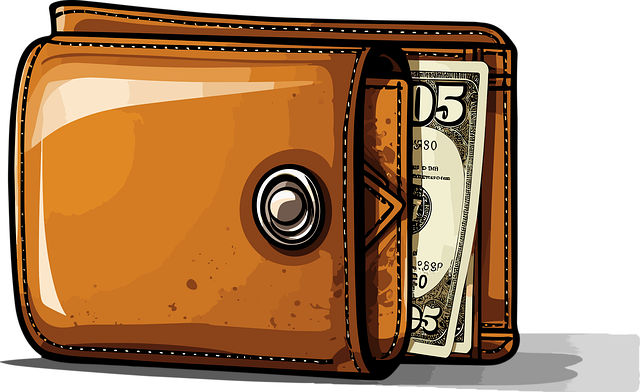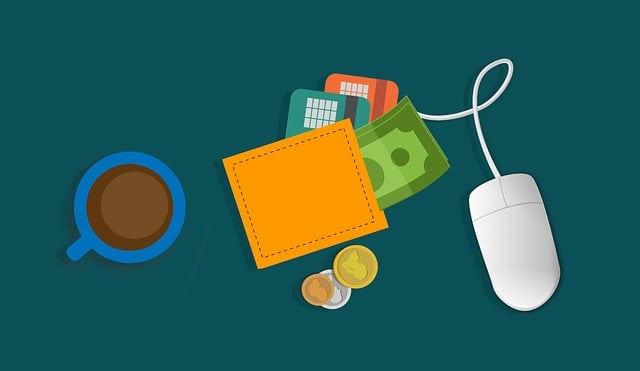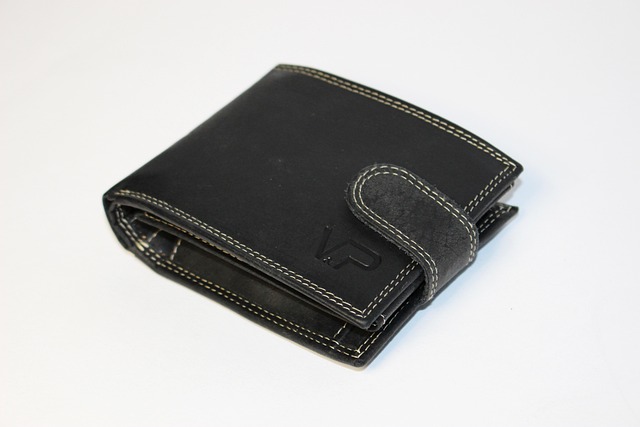The Ultimate Guide to Crypto Wallets
Author: Jameson Richman Expert
Published On: 2025-02-20
Prepared by Jameson Richman and our team of experts with over a decade of experience in cryptocurrency and digital asset analysis. Learn more about us.
In the rapidly evolving world of cryptocurrencies, understanding the basics of crypto wallets is essential for anyone looking to invest or trade in digital assets. As the adoption of cryptocurrencies like Bitcoin, Ethereum, and thousands of altcoins gains traction, so does the importance of securely storing these assets. In this comprehensive guide, we’ll explore what crypto wallets are, the different types available, their features, advantages, and how to choose the right one for your needs.

What is a Crypto Wallet?
A crypto wallet is a digital tool that allows users to store, manage, and transact cryptocurrencies. Unlike traditional wallets, which hold physical currency, crypto wallets store the public and private keys needed to conduct transactions on the blockchain network. It’s essential to note that these wallets do not hold actual coins; instead, they allow users to interact with the blockchain where the cryptocurrencies are recorded.
How Crypto Wallets Work
Crypto wallets operate using a combination of public and private keys. The public key is analogous to an account number; it’s what you share with others to receive funds. The private key, on the other hand, is like a password that grants access to your wallet and allows you to make transactions. It is crucial to keep this private key secret and secure, as anyone with access to it can control your funds.
Types of Crypto Wallets
There are several types of crypto wallets, each with its advantages and disadvantages. Understanding these options is critical in making informed decisions about how to store your digital assets.
1. Hot Wallets
Hot wallets are connected to the internet, making them convenient for frequent transactions. These wallets include:
- Web Wallets: These are accessible through a web browser and are typically provided by exchanges. For instance, platforms like Binance and MEXC have integrated web wallets that make trading and transferring assets easy. You can create an account on Binance here or sign up for MEXC here.
- Mobile Wallets: These apps are available on smartphones, offering ease of access and the ability to make transactions on the go.
- Desktop Wallets: Software that can be downloaded onto your computer, providing more security than web wallets but still exposed to internet risks.
2. Cold Wallets
Cold wallets are offline solutions that provide enhanced security for long-term storage of digital assets. Options include:
- Hardware Wallets: Physical devices that securely store private keys offline (e.g., Ledger Nano S, Trezor).
- Paper Wallets: Physical printed copies of your public and private keys. While highly secure, they can be easily lost or destroyed.

Features to Look for in a Crypto Wallet
When selecting a crypto wallet, keep an eye out for the following features:
- Security: Look for wallets with strong encryption, two-factor authentication, and backup options.
- User-Friendliness: The wallet should be easy to navigate, especially if you are a beginner.
- Supported Currencies: Ensure that the wallet supports the cryptocurrencies you plan to store.
- Backup and Recovery: A good wallet should provide a way to backup your information and recover it in case of loss.
- Transaction Fees: Be aware of any fees associated with sending or receiving funds.
Advantages of Using Crypto Wallets
Utilizing a crypto wallet has several advantages:
- Control Over Funds: Unlike keeping your assets on an exchange, a wallet gives you full control over your cryptocurrencies.
- Privacy: Many wallets offer features that enhance your privacy while transacting.
- Security: Especially with cold wallets, your assets are less susceptible to hacking and theft.
Common Mistakes to Avoid
While using crypto wallets, it’s easy to make mistakes. Here are some common pitfalls to avoid:
- Neglecting Security: Always keep your private keys secure and consider using two-factor authentication.
- Using Public Wi-Fi: Avoid accessing your wallet over public networks, as they can be insecure.
- Ignoring Updates: Keep your wallet software updated to ensure maximum security and functionality.

Choosing the Right Crypto Wallet
Your choice of wallet will depend on various factors including your investment style, how frequently you trade, and your security preferences. Here are some considerations to help guide your decision:
- If you’re a frequent trader and need immediate access, a hot wallet may be more suitable.
- If you’re investing for the long term and prioritize security, consider using a cold wallet.
- Ensure compatibility with the wallets supported by the exchanges you use.
Conclusion
Understanding crypto wallets and their significance in the cryptocurrency ecosystem is crucial for both beginners and seasoned traders. With various types of wallets available, each with distinct features and security measures, it’s important to do thorough research and choose one that aligns with your needs. Whether you decide to go with a hot wallet for convenience or a cold wallet for security, the key is to remain proactive about the safeguarding of your digital assets.
Now, with an array of options at your disposal, begin this exciting journey in the world of cryptocurrencies with confidence, knowing you can manage your assets securely!